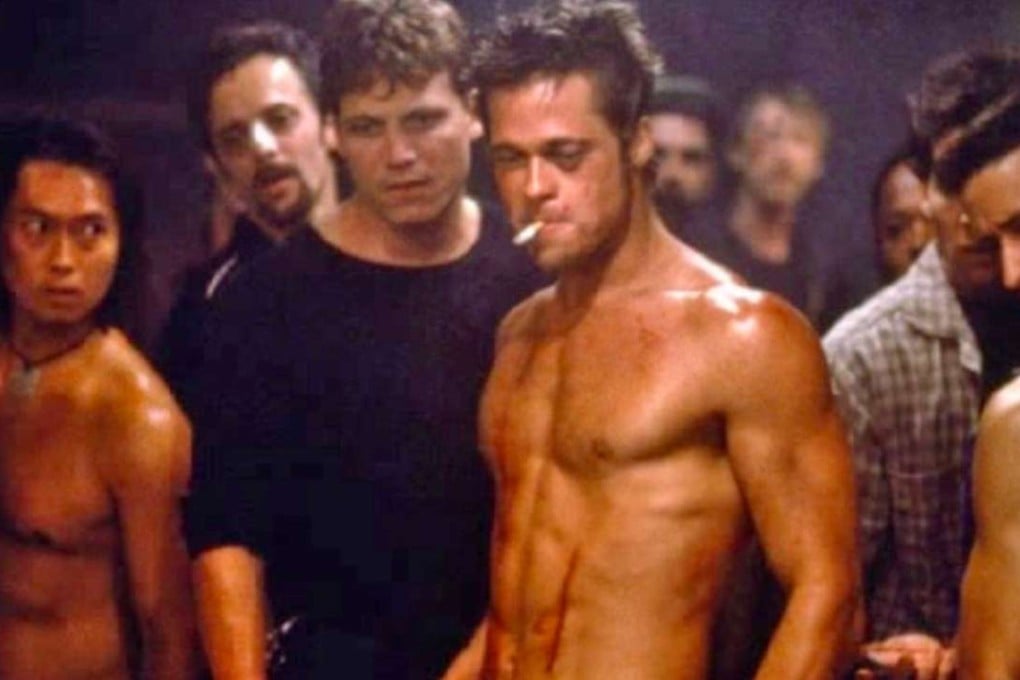Who is Tyler Durden? How a bitter fight unmasked the men behind Zero Hedge, Wall Street's renegade blog

Colin Lokey, also known as “Tyler Durden,” is breaking the first rule of Fight Club: You do not talk about Fight Club. He’s also breaking the second rule of Fight Club. (See the first rule.)
After more than a year writing for the financial website Zero Hedge under the nom de doom of the cult classic’s anarchic hero, Lokey’s going public. In doing so, he’s answering a question that has bedeviled Wall Street since the site sprang up seven years ago: Just who is Tyler Durden, anyway?
The answer, it turns out, is three people. Following an acrimonious departure last month, in which two-thirds of the trio traded allegations of hypocrisy and mental instability, Lokey, 32, decided to unmask himself and his fellow Durdens.
Lokey said the other two men are Daniel Ivandjiiski, 37, the Bulgarian-born former analyst long reputed to be behind the site, and , 45, a well-known credit derivatives strategist.
Ivandjiiski confirmed that the men had been the only Tyler Durdens on the payroll since Lokey came aboard last year, but he criticised his former colleague’s decision to come forward.
He called Lokey’s parting gift a case of sour grapes. Backshall, meanwhile, declined to comment, referring questions to Ivandjiiski. A political science graduate with an MBA and a Southern twang, Lokey said he had a checkered past before joining Zero Hedge. Earlier last month, overwork landed him in a hospital because he felt a panic attack coming on, he said.